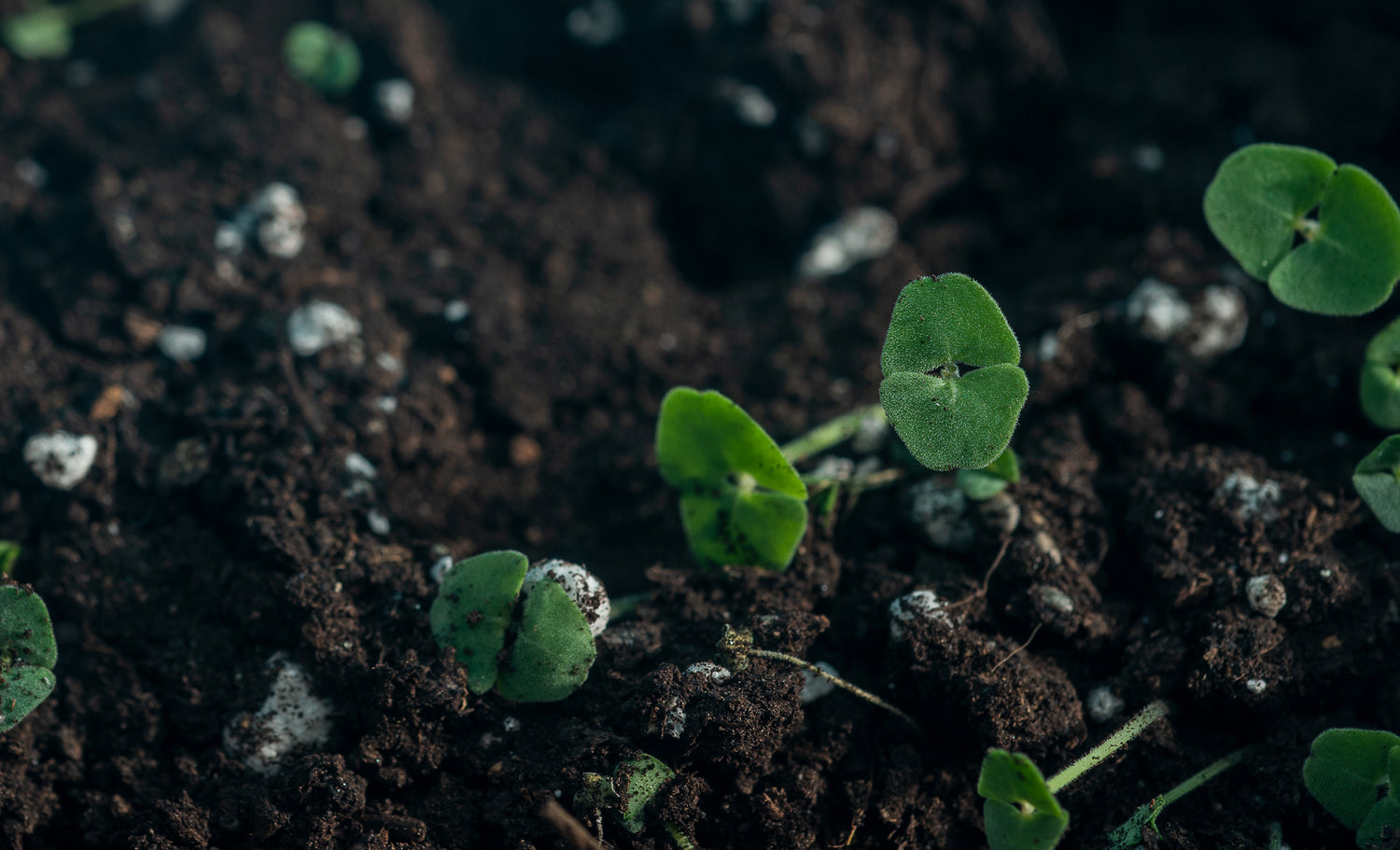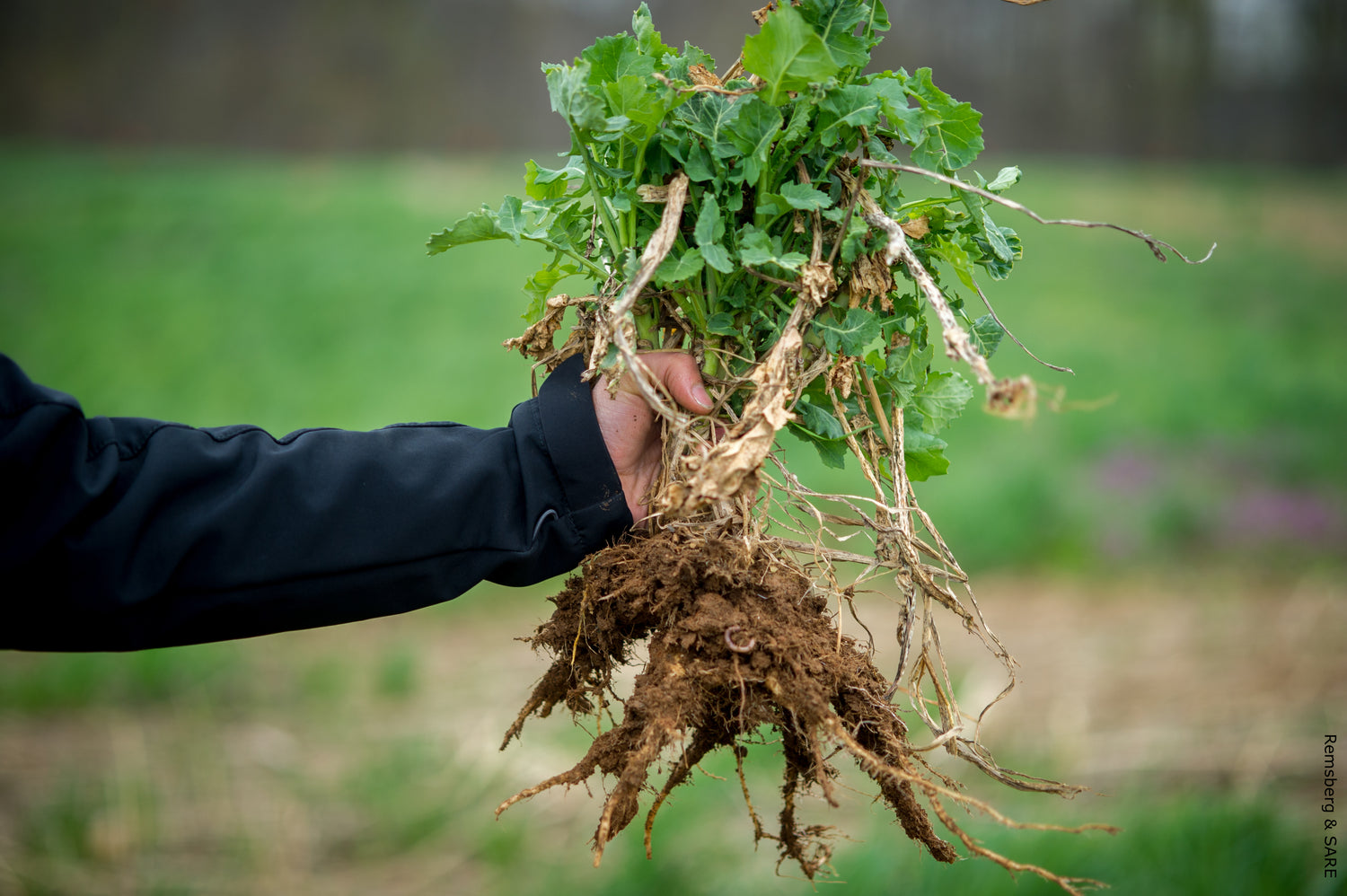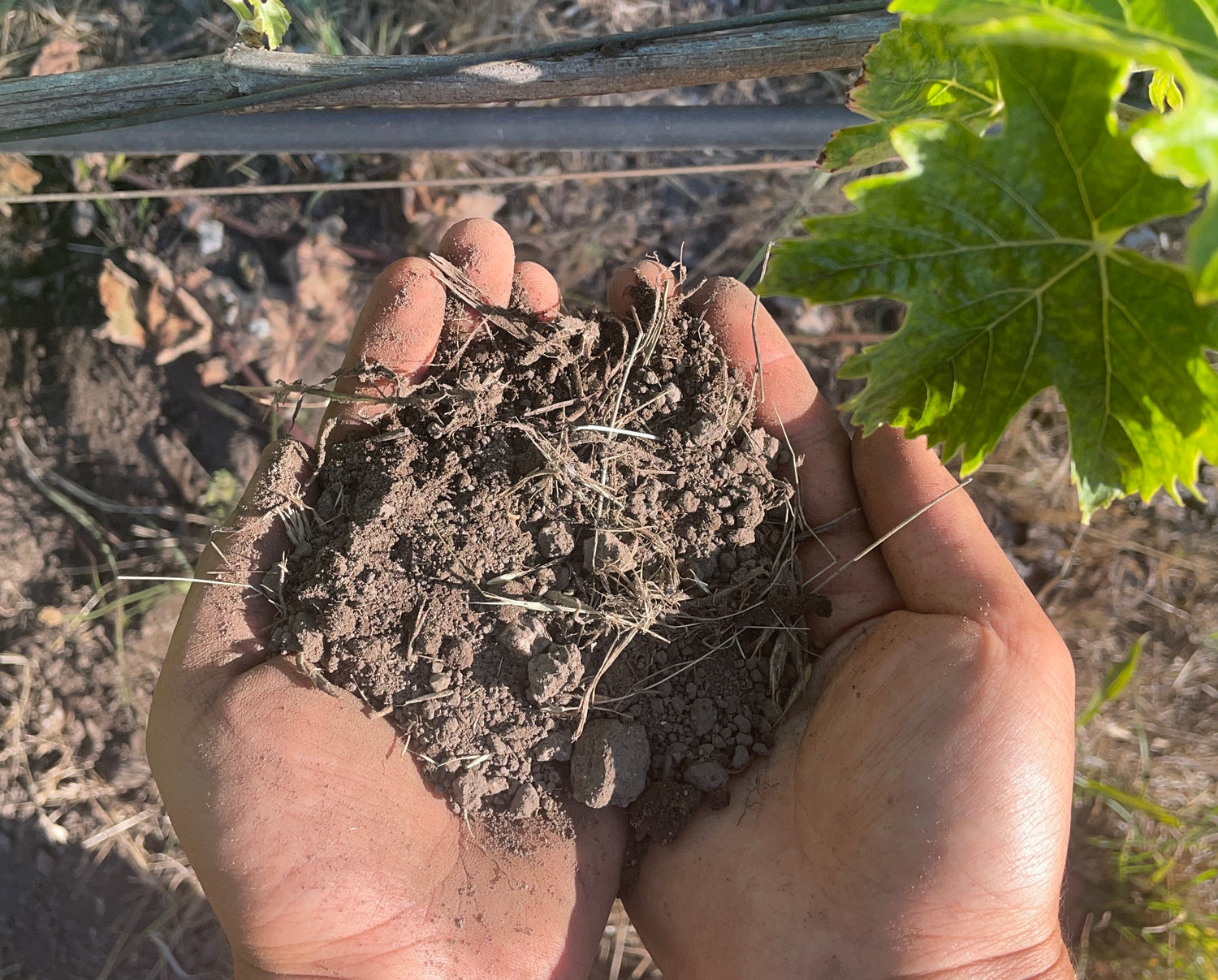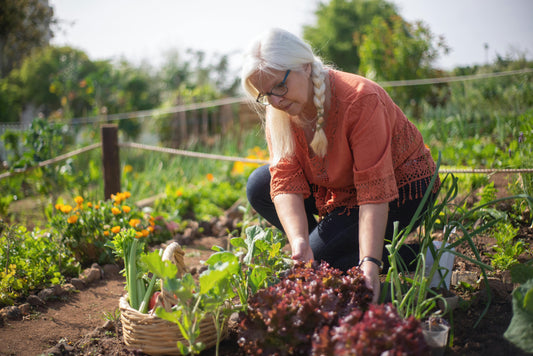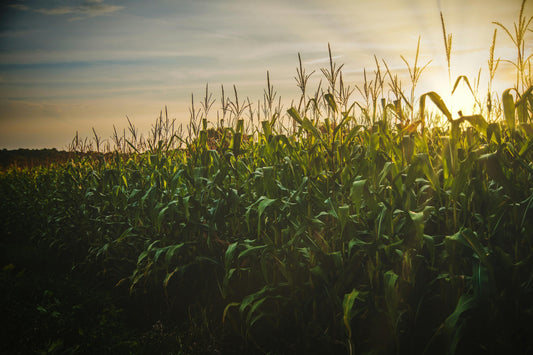Understanding Soil Testing in California
Soil testing is a critical tool for farmers, gardeners, and landscapers across California, helping to unlock the secrets of your land for better agricultural outcomes. By analyzing soil composition, nutrient levels, and potential contaminants, these tests provide actionable insights to optimize plant growth, improve yields, and ensure sustainable practices, whether you're in the Central Valley or coastal regions like San Diego.
California's diverse climates and soil types—from the sandy loams of the Bay Area to the clay-heavy soils of the Inland Empire—require tailored approaches to soil management. Local soil labs offer a range of services, including nutrient analysis, disease diagnostics, and water quality testing, empowering you to make informed decisions for your crops, turf, or ornamental plants. Use our zip code finder below to locate the nearest soil lab for your needs.
Find the Nearest Soil Lab in California
Why Use Soil Labs in California?
Soil labs provide essential testing services that enhance agricultural productivity and sustainability. Whether you're in Los Angeles or the Bay Area, these labs offer:
- Nutrient Analysis: Assess soil and plant nutrient levels for optimal growth.
- Disease Diagnostics: Identify plant diseases and pests for timely intervention.
- Water Quality Testing: Ensure irrigation water meets agricultural standards.
- Consultation Services: Expert advice for soil management and crop health.
Learn more about soil health management on our site.
All Soil Labs in California
| Name | Address | Phone | Services |
|---|
Disclaimer
Alluvial Soil Lab provides this list of soil testing laboratories for informational purposes only and does not endorse or recommend any specific lab. Users are strongly encouraged to independently verify the accuracy of the information, including addresses, phone numbers, and services, before engaging with any lab. Alluvial Soil Lab is not responsible for any inaccuracies, errors, or omissions in the data provided, nor for any damages or losses arising from the use of this information. By using this tool, you agree to release Alluvial Soil Lab from any liability related to the labs listed or the outcomes of their services. For legal or professional advice, consult a qualified expert.







